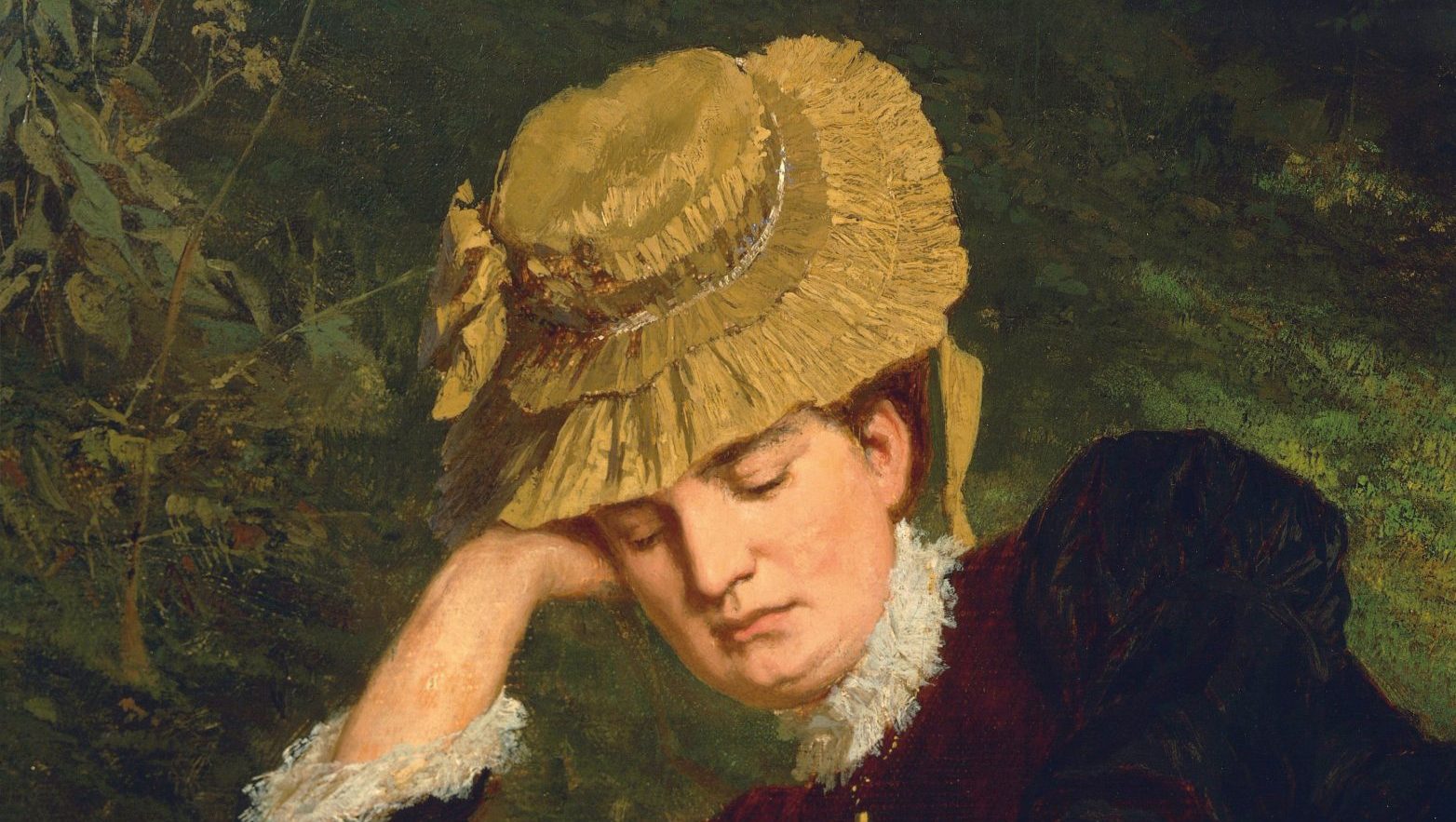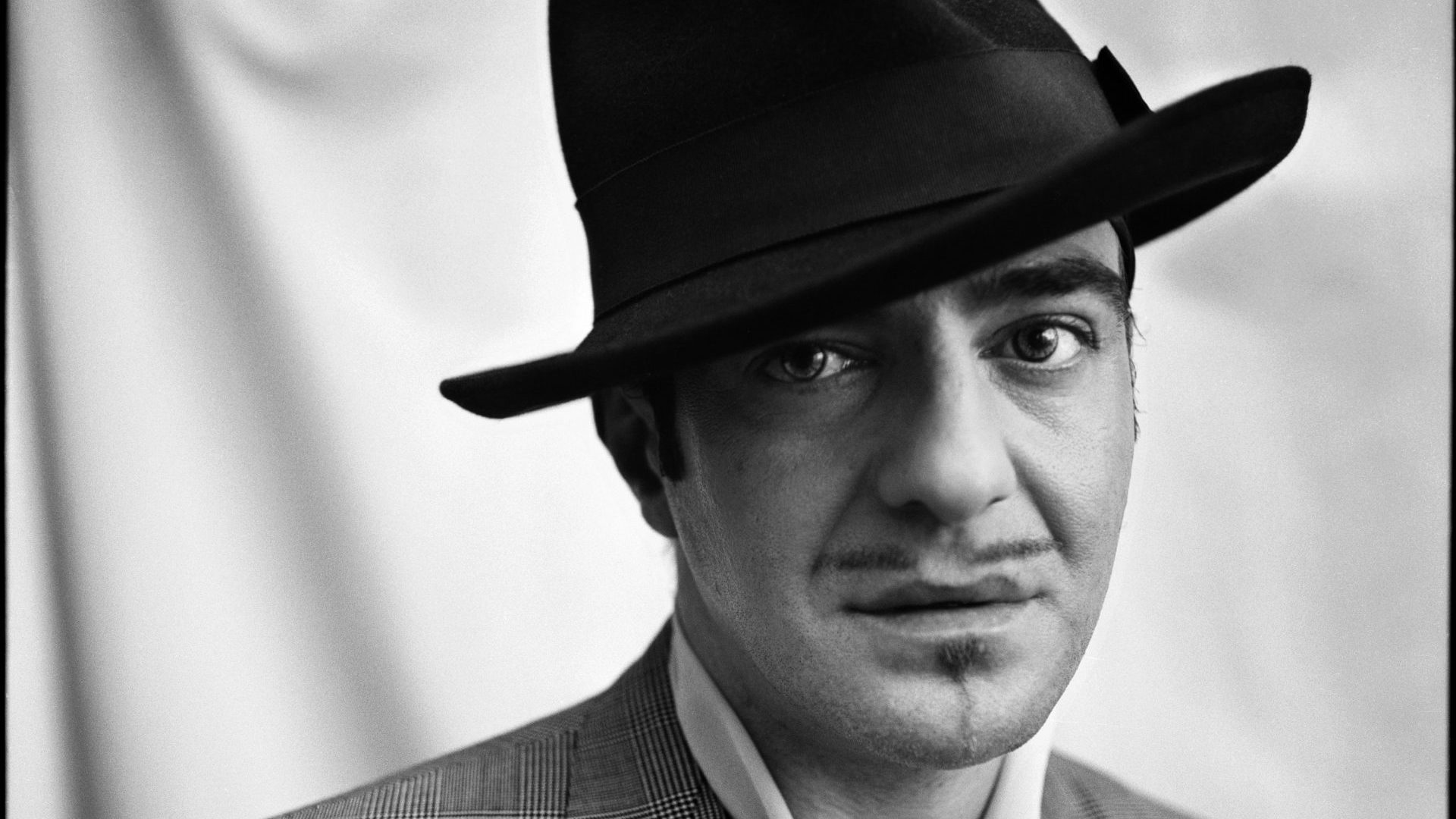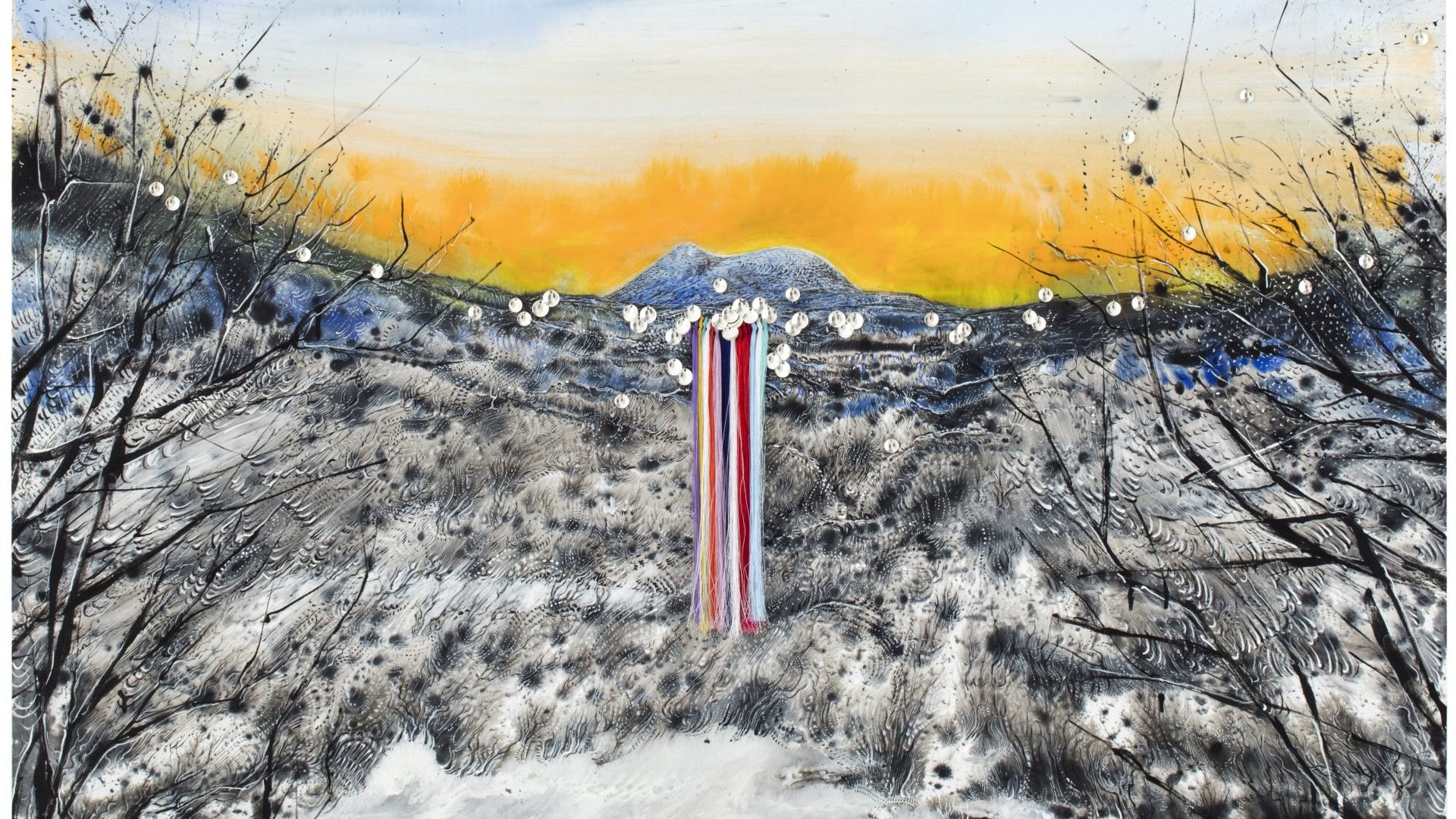There are few better feelings in your reading life than coming across a writer new to you with whom you feel an immediate connection, a sense from the opening pages that not only are you going to love this book, you are setting out on a lifelong relationship with its author.
The alchemy behind this feeling is impossible to define and can be invoked by the unlikeliest books. It happened most recently for me when I picked up a long out-of-print travel book called A Girl’s Wanderings in Hungary by H Ellen Browning, published in 1896. I was only a few pages in before I knew this was a title I would practically plunge into my burning house to save if I had to.
As someone who has read more European travel books than is probably good for me, some of them brilliant, plenty of them mediocre and a fair few terrible, finding a good one by a new author is a rare pleasure. Discovering Jan Morris, Patrick Leigh Fermor, Bill Bryson and Rebecca West have been genuine landmarks in my reading life, a roll of honour to which I can now add H Ellen Browning.
I was intrigued enough by the title of A Girl’s Wanderings in Hungary to part with more cash for an ancient, niche travel book than I would ordinarily like. A travel book by a woman was rare in the 19th century; the fact she was travelling not to the standard European destinations but to Hungary immediately made this stand out as something special.
Sometimes we forget it is only recently that the whole of Europe has been at our fingertips, taking it for granted that we can hop on a plane and be in the Balkans or the Arctic within half a day. Thanks to technology we can even stroll virtually through a small town in the Carpathians or an Alpine village in Liechtenstein without even getting up from the sofa.
Yet barely a century ago, swathes of our continent were a complete mystery to people from our islands. Even for those with the means to travel widely, itineraries generally did not extend further east than a line drawn roughly between London and Venice. West of that line there was culture different enough to be enervating but familiar enough, even in its languages, to facilitate reassuringly uncomplicated travels. To the east, however, was bandit country, lawless, uncharted, dangerous and packed with incomprehensible tongues. That Browning chose the latter was enough almost in itself to make this book a keeper.
What elevates A Girl’s Wanderings in Hungary from merely fascinating to exceptional is the quality of the writing. Browning’s personality fizzes from the page, blessed with an insatiable curiosity, boundless empathy and no small amount of courage. Delighted to tweak the nose of convention by travelling alone in a perceived “dangerous” land, Browning is clever, perceptive, wry, and a hugely gifted writer. She is also very funny.
“To begin with, let me confess that I belong to the category of ‘mouse-screeching’ women; though I wear cloth knickers under my gown,” she writes – a self-deprecating tone that already feels way ahead of its time. Yet there is steel beneath those cloth knickers.
“I adore delicately-put compliments,” she says, “and object to being considered man’s equal, preferring to remain his superior.”
She is 23 years old when she makes this journey, has recently finished university and is distantly related to the poet Robert Browning. She lost her father around the time she graduated, which seems to have triggered some kind of mental health episode for which travel was prescribed as part of her recuperation.
“Month after month passed, and I was gradually sinking into a state of nervous invalidism that threatened to incapacitate me for life,” she writes. “Thorough and complete change of scene and of daily life and a total cessation of brain-work was the only remedy advocated by the medical faculty.”
She selected her destination purely because “through a friend I could get introductions to some people in Hungary, so to Hungary I would go”.
And she did. Alone.
After a week in Vienna, Browning arrived in Hungary to a world different not only from the England she was used to but, for the reader, one that comes straight from the pages of Joseph Roth. This is a world where liveried train conductors unload a woman’s baggage, escort her into the care of a bespectacled station master and depart with a bow and the words “I kiss your hand, honourable damosel”.
Browning’s joy at this new world is evident from the start, even when she arrives at her first destination unaware the telegram advising her hosts of her time of arrival has not yet been delivered. Holed up in the waiting room of the rural station, she enjoys the hospitality of villagers who bring her milk, fresh peaches and black bread. Their friendliness has her musing drily on the warnings she had endured before her departure that Hungary swarmed with bandits and she was sure to be kidnapped or worse as soon as she arrived.
“I felt certain that my people would never be able to raise the ransom they would demand,” she writes, “so then I should either have to marry one of the brigands and become a brigandess myself, or feel a dagger through my heart, and I hate the sight of blood; it always makes me shudder.”
These occasional winks at the reader acknowledging a shared intimacy that she is smarter and made of stronger stuff than she lets on is one of the book’s most appealing features, concealing an impressively fierce singularity of character.
“I have always been of an independent turn of mind and I never could see why a well-brought-up girl should not be allowed exactly the same liberty of action that is accorded to every young man in every grade of life,” she writes. “But, of course, it is useless trying to make people who are still held in thrall by ‘good, old-fashioned notions’ see this side of the question.”
Although equipped with letters of introduction to members of Hungarian high society, it is among the everyday people she meets that Browning truly comes alive rather than the great and the good.
At a birthday party in Budapest she “had the pleasure of making Franz Liszt’s acquaintance, and hearing him play two solos on the pianoforte,” and later meets the Austro-Hungarian Emperor Franz Joseph, “tall, dignified and kingly-looking, but not handsome; very polished in his manners”.
Yet these historically significant figures loom up only in passing while village festivals, rural weddings and the inns and taverns of the Hungarian proletariat are given pages of beautiful, warm description entirely free of the patronising endearments or sneering one might expect from a British book of this vintage.
It helps that the butt of the excellent jokes that pepper the book is always Browning herself. Her account of a night spent attempting to outwit marauding bands of fleas infesting her accommodation is laugh-out-loud funny and she regularly finds herself pitched into ditches from carriages, suspended by her clothing in a prickly pear bush during some overenthusiastic exploring and having picnics interrupted by local fauna.
“Have you ever felt too lazy even to think, too lazy to do anything but lie still and let mind and eyes wander where they will?” she sighs. “That was how I felt when I suddenly became conscious that a big, handsome bull was coming for us with a vengeance.”
Even her generalisations are born out of refreshing self-awareness rather than dismissive superiority.
“The Hungarians, like the French, are great at conversation, but the freedom of speech indulged in by both sexes rather embarrasses a foreigner at first,” she writes. “Still, on reflection, I came to the conclusion that there is more indecency about the conventionalities of so-called propriety than there is in the frankness of a people who recognise nothing shocking or indelicate in human nature.”
I rattled through A Girl’s Wanderings in Hungary in no time, happily accompanying Browning on a deliciously Europhilic and subtly feminist journey that she finishes “grateful to a country and people who took me to their hearts when my own was sick and sore, and sent me home again a happier, a healthier and a wiser woman”.
Eager for more, I set out to learn what I could about this brilliant, independent Victorian woman who states in her preface that she intends to make writing her profession. Yet despite expecting to unearth a string of similar travel narratives under her name I found almost nothing. Far from A Girl’s Wanderings in Hungary dropping the flag on a glittering literary career, Browning practically vanishes.
In 1898 she published a book called Beauty Culture, another title ahead of its time with its promotion of inner wellbeing as the key to outer beauty, but it had none of the vim and stylistic panache of her travelogue. There were a couple of magazine articles in the early 20th century pushing Canada as an ideal destination for the independent woman, pieces for which she was bylined as “Vice-President of the International Farm-Women’s Press Association”, and a Scottish magazine reference to her being “seen at times in the Highlands attired in male dress”, but these glimpses of a clearly exceptional life remain just that: glimpses. Despite the brilliance of her book – which was widely praised in reviews – H Ellen Browning vanishes into the wispy caverns of time never to emerge again.
Having put so much of herself on to the pages of her travelogue, Browning’s disappearance leaves many questions. Did she emigrate to Canada, as those articles might suggest? Was she really related to Robert Browning? What was her first name? Was this even her real name? And why is A Girl’s Wanderings in Hungary her only significant literary testament? Why did she not go on to throw light upon further destinations far from the beaten tracks of Europe? What stilled her pen?
I will keep searching for H Ellen Browning, but in the meantime I hope that perhaps a publisher might see this and bring one of the 19th century’s unsung travel classics back into print and coax its singular author back to literary life, whoever she was and whatever became of her.




